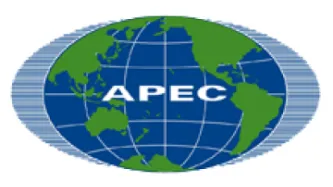Search
Content type: Long Read
Written by Eva Blum-Dumontet
A recent case of lèse-majesté in Thailand (speaking ill of the monarchy) is a worrying example of how Western companies do not just work with governments that fall short of international human rights standards, but can actually facilitate abuses of human rights.
Our investigation on the trial of Katha Pachachirayapong — accused of spreading rumours on the ill-health of the King Bhumibol Adulyadej, thereby causing sharp falls in the Thai stock market — reveal the…
Content type: News & Analysis
Intelligence sharing agreements can be open and transparent. In fact, the Five Eyes have already disclosed information sharing agreements that relate to key international law enforcement and national security measures.
They’re called mutual legal assistance treaties, or MLATs, and they’ve existed between the Five Eyes, excluding New Zealand, for decades. MLATs define the scope of cooperation between States in criminal investigations: States share sensitive information in criminal…
Content type: News & Analysis
The Home Office constantly insists that trafffic data is not about the content of the pages you look at, but about the sites you visit.
This would have made some sense in 1999 when RIPA was first being debated, but technology has moved on and new open data sources are now available. This allows for vastly more invasive tracking in 2012 than was envisaged in 2000. We’ve done a little bit of work on how…
The English Wikipedia contains 4 million articles, which contain 18 million links out…
Content type: News & Analysis
2011 is supposed to be the year that the APEC pathfinder projects on Cross Border Privacy Rules (CBPR) deliver a functional system for businesses to be certified for transfer of personal information between participating APEC economies.
After the last round of APEC privacy meetings in Washington DC on 1-3 March, this prospect is looking increasingly remote. Even the basic set of documentation and processes required for the process of self-certification and assessment of businesses has yet to…
Content type: News & Analysis
Privacy International and the American Civil Liberties Union have appealed to the Council of the European Union, the European Commission, the European Parliament, and privacy commissioners in 31 countries across Europe to repeal the agreement between the EU and the US on passenger data transfers. We argue that, with the recent disclosure of the 'Automated Targeting System' being used by the US Department of Homeland Security, the US has violated both American law and the agreement with the EU…




